Top 10 African tech stories of 2022
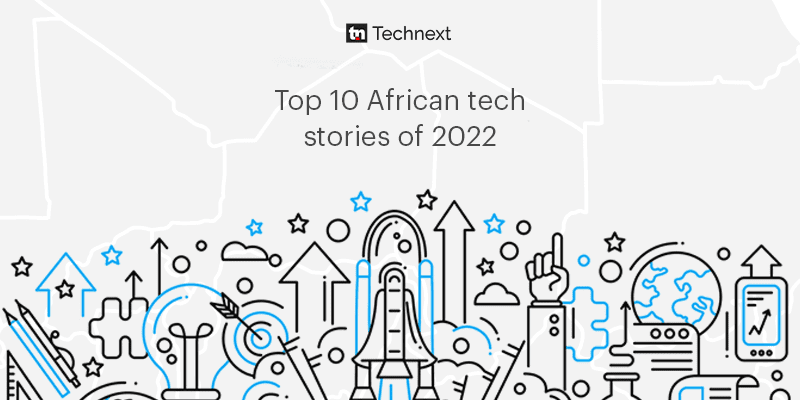
[ad_1]
The African tech ecosystem has had a remarkable 2022 as stakeholders sought to recover from the effects of the COVID-19 pandemic.
While several notable events happened in the year, this article highlights ten of the biggest stories that dominated the headlines in the African tech space. As expected, there were several funding news while many products were launched. However, this year also had takeovers, CEOs stepping down, and startups having run-ins with the law.
These ten stories were selected because of the conversations generated across media channels, the significant impact on the tech ecosystem and society, and the calibre of individuals/groups involved in the story.

Equinix enters Africa with MainOne acquisition
Equinix, Inc., the world’s digital infrastructure company™, announced it had completed its deal to acquire MainOne, a West African data centre and connectivity solutions provider, for an enterprise value of $320M in April 2022.
The acquisition was the first step in executing Equinix’s long-term expansion strategy into the African continent. The goal is to become a leading African carrier-neutral digital infrastructure company by bringing a full range of transformative technologies and connectivity to Nigeria, Ghana and Cote d’Ivoire.
Funke Opeke founded MainOne in 2010 and continues to lead under the new brand of “MainOne, an Equinix company. The company has enabled connectivity for the business community of Nigeria since its inception and now has digital infrastructure assets, including operational data centres.
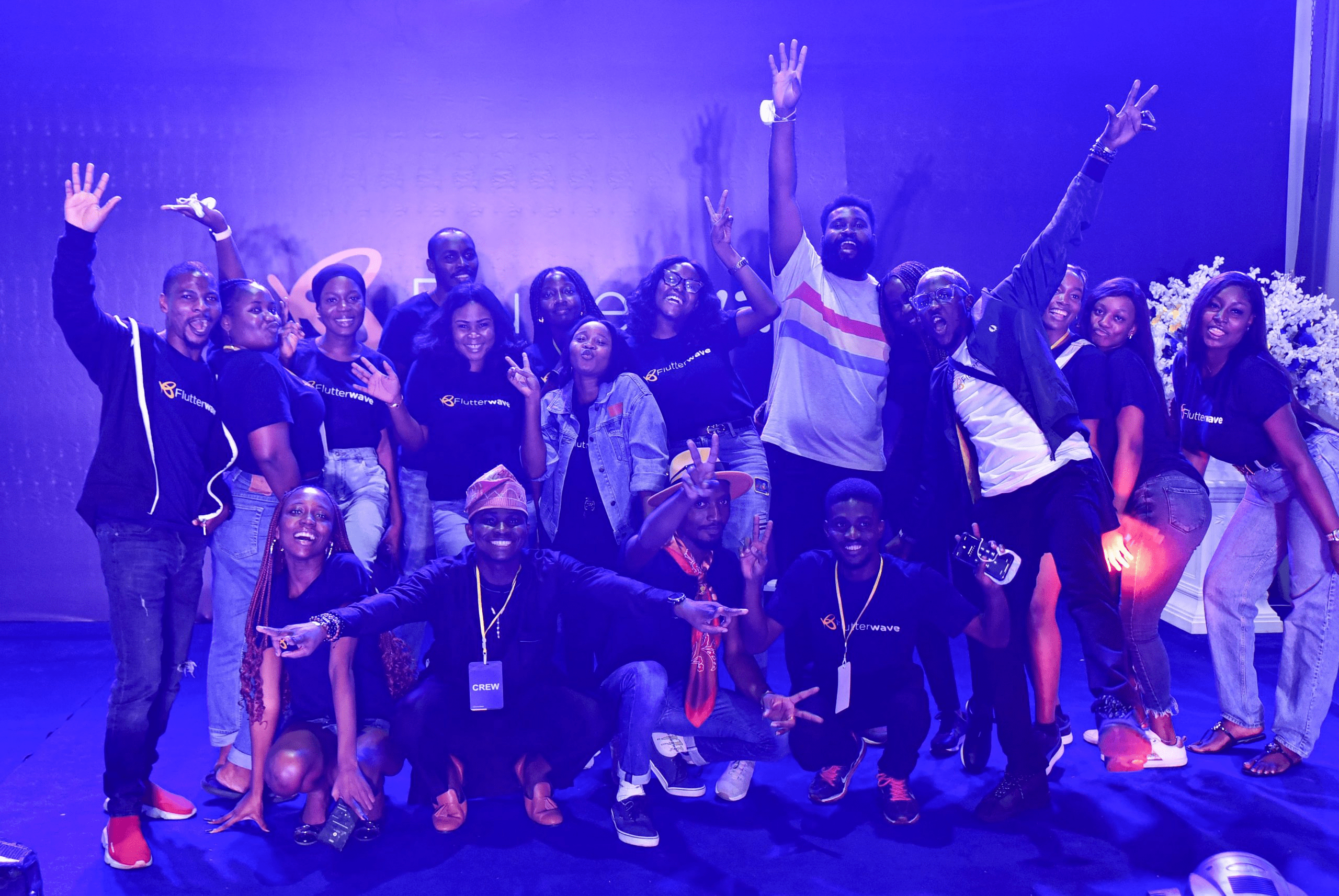
Flutterwave became Africa’s most valuable startup
Flutterwave’s Series D funding round of $250 million in February 2022 brought the company’s valuation to more than $3 billion — making it Africa’s most valuable startup.
The fundraising round led by B Capital Group, a US private equity firm supported by Altak Park Capital, Whake Rock Capital, and Lux Capital, got Flutterwave reaffirmed as a valuable top-level company.
2022 was a relatively good year for the African tech ecosystem in terms of funding. According to The Big Deal, a newsletter that tracks funding in Africa, African startups had raised $4.6 billion by December 1. Not only did startups on the continent cross the $1 billion mark in funding raised earlier than ever, but they have also raised their first $2 billion faster than ever.
More than 100 Nigerian startups raised a combined US$858 million between January and September. 84 Egyptian startups raised US$621 million in 2022, while Kenya already saw US$489 million raised by 53 startups. South Africa continues to have a relatively disappointing year compared to other members of the “big four”, with US$297 million raised by 44 companies.
Read more: Why African startups have raised more funding in 2022 than last year
Flutterwave later announced that it had been granted a Switching and Processing License by the Central Bank of Nigeria (CBN) as it prepares for an initial public offering potentially next year,
The Switching and Processing license will enable Flutterwave to be able to process financial transactions for other fintech companies and other financial institutions, as well as be able to issue payment cards to customers without the need to rely on any other intermediary.

The chaotic work culture at Bento Africa
One of the biggest stories from the African tech space in 2022 was the nature and work culture of Bento Africa, particularly the management style of the company’s co-founder and CEO, Ebunoluwa Okunbanjo.
TechCabal published an investigative piece in March 2022 describing the experiences of former and current Bento employees. Okubanjo was accused of denying leaves, verbally abusing employees, sacking them without due process, and threatening them that they would not get other jobs in the tech space.
The article generated conversations on social media, revealing similar behaviours from leaders at other startups. #HorribleBosses and #ToxicBosses were on the trend chart on Twitter.
Following the report, Bento Africa’s Board of Directors discontinued Okubanjo from making people-related decisions.
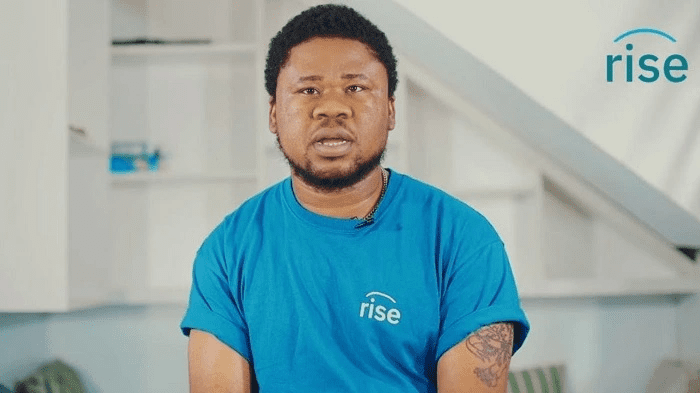
The abdication of Risevest CEO
In October 2022, Eke Urum, the CEO of Risevest, stepped aside to allow an independent investigation panel to look into the allegations of gross misconduct levelled against him.
Following a 6-week investigation, Eke was found guilty of the allegations, according to the board. “The evidence presented to the panel could not prove sexual assault by Eke Urum. However, the evidence presented to the panel, including admitted sexual relations with an employee and unwanted, inappropriate jokes and conversations, revealed sexual impropriety. It also showed a pattern of abuse of power, intimidation, retaliation and workplace bullying by him,” a statement read.
A member of the investigation panel, Toun Tunde-Anjous, shared that the panel recommended that Urum not be reinstated as CEO. Instead, Tony Odiba, the acting CEO, remained in that capacity while waiting for a newly constituted board to appoint the next CEO. Urum became a non-executive member of the new board. He continues to lead the startup’s investment strategy and provide guidance on technology.
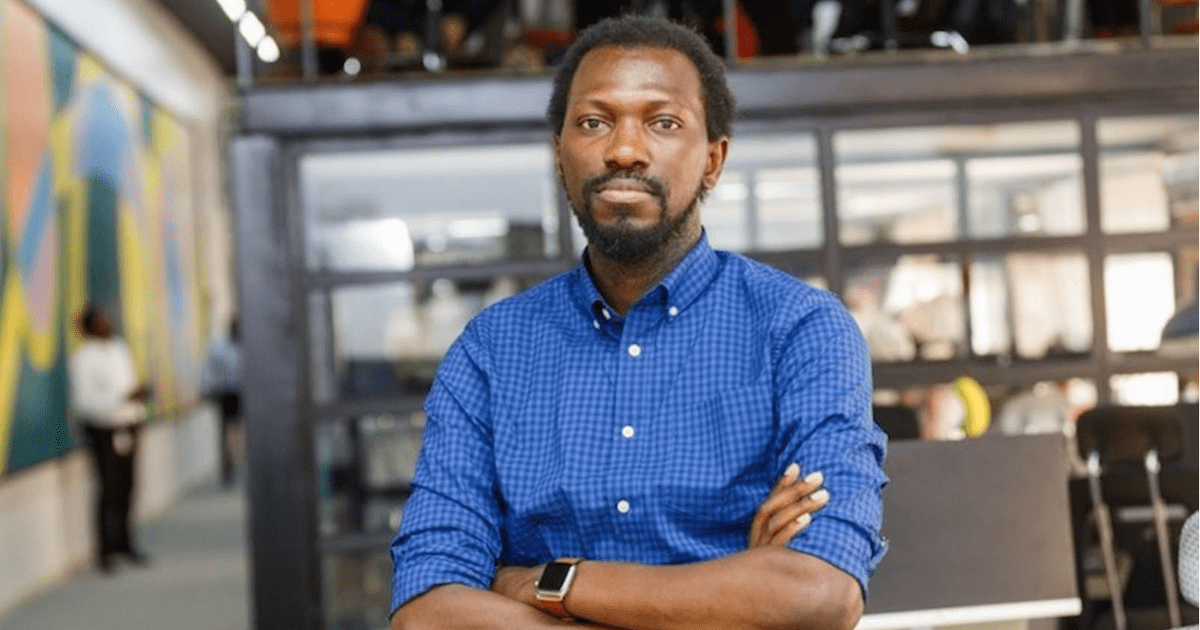
The accusations against Flutterwave CEO
Similarly, Flutterwave CEO Olugbenga ‘GB’ Agboola was accused of bullying and harassment by Clara Wanjiku Odero, a former executive at the company. Barely a week after her medium post went viral across several media platforms, David Hundeyin, a Nigerian freelance journalist, published an investigative piece for West Africa Weekly, alleging that Agboola was involved in insider trading,
According to the report, the Flutterwave CEO created a fake “co-founder” identity to give himself more shares in the early days of the fintech company. The report also claimed that he offered share prices below the company’s valuation to employees who wanted to cash in on their vested options.
However, GB Agboola denied all the allegations of impropriety in an email to employees on April 20.
Read more: All you need to know about insider trading
Later in May 2022, an online gambling company, 86fb/86z, alleged that Flutterwave maliciously froze their funds and the Fintech unicorn intended to take the funds for itself. The gambling company also alleged that Flutterwave cooperated with the local police to extort them. Flutterwave denied the allegations stating that “some merchants were passing transactions on behalf of 86FB/86Z…without approval or authorisation.”
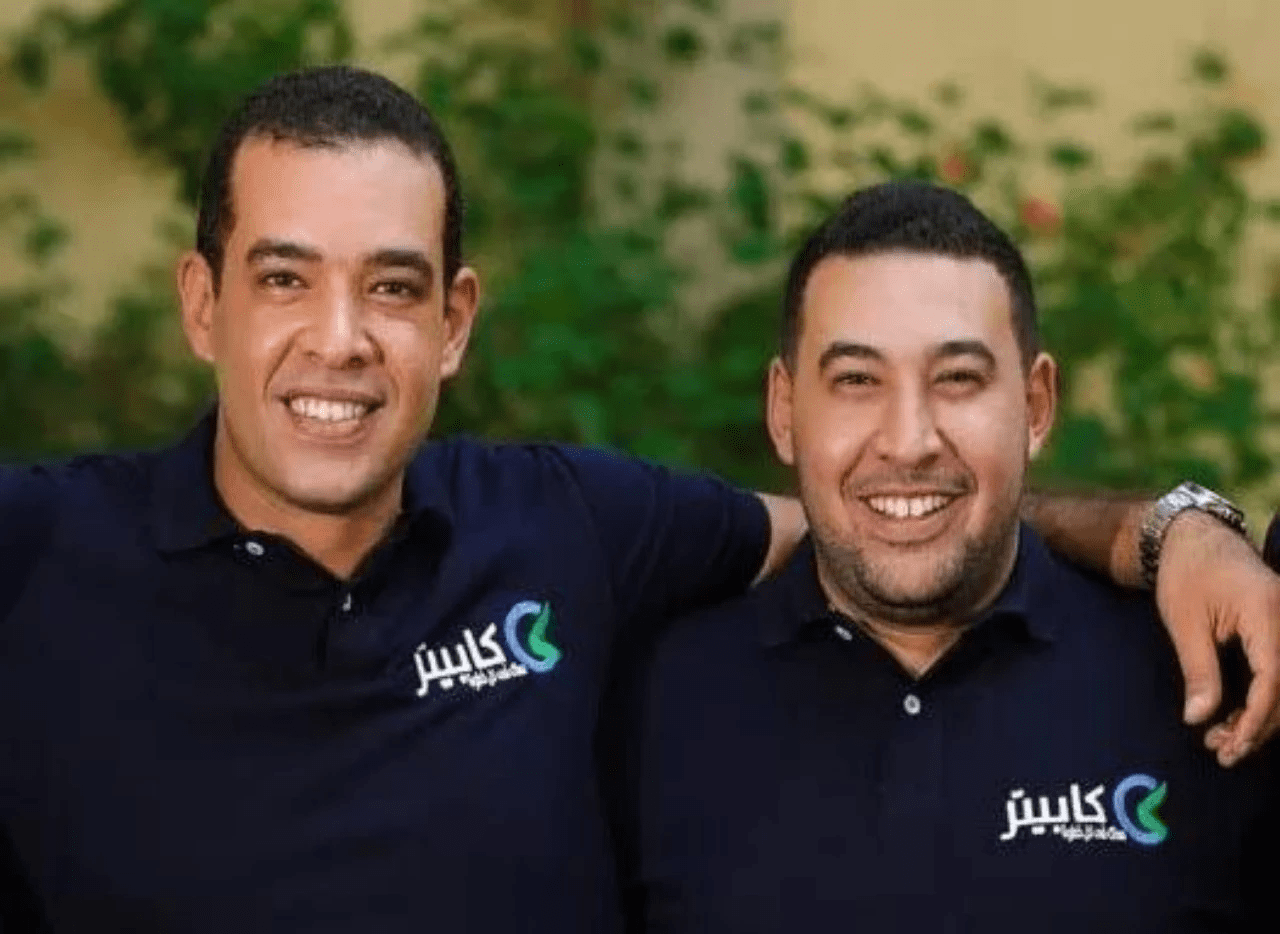
The sack of Capiter co-founders
In September, the African tech ecosystem was shaken by the news that Capiter, a well-funded B2B e-commerce startup in Egypt, had sacked co-founders Mahmoud Nouh and Ahmed Nouh from their roles as CEO and COO, respectively.
While many details were not released, Egyptian local media reported that the reasons for the sack ranged from mismanagement of funds to failure to report to the board and work out a potential merger, as well as internal disagreements over management methods.
In a statement issued to TechCrunch, Capiter’s board said claims of theft of the company’s assets by the founders are untrue, and it didn’t move to remove the founders due to suspicion of theft or fraud but to stabilize the company’s financial and operational affairs after the co-founders neglected their duties.
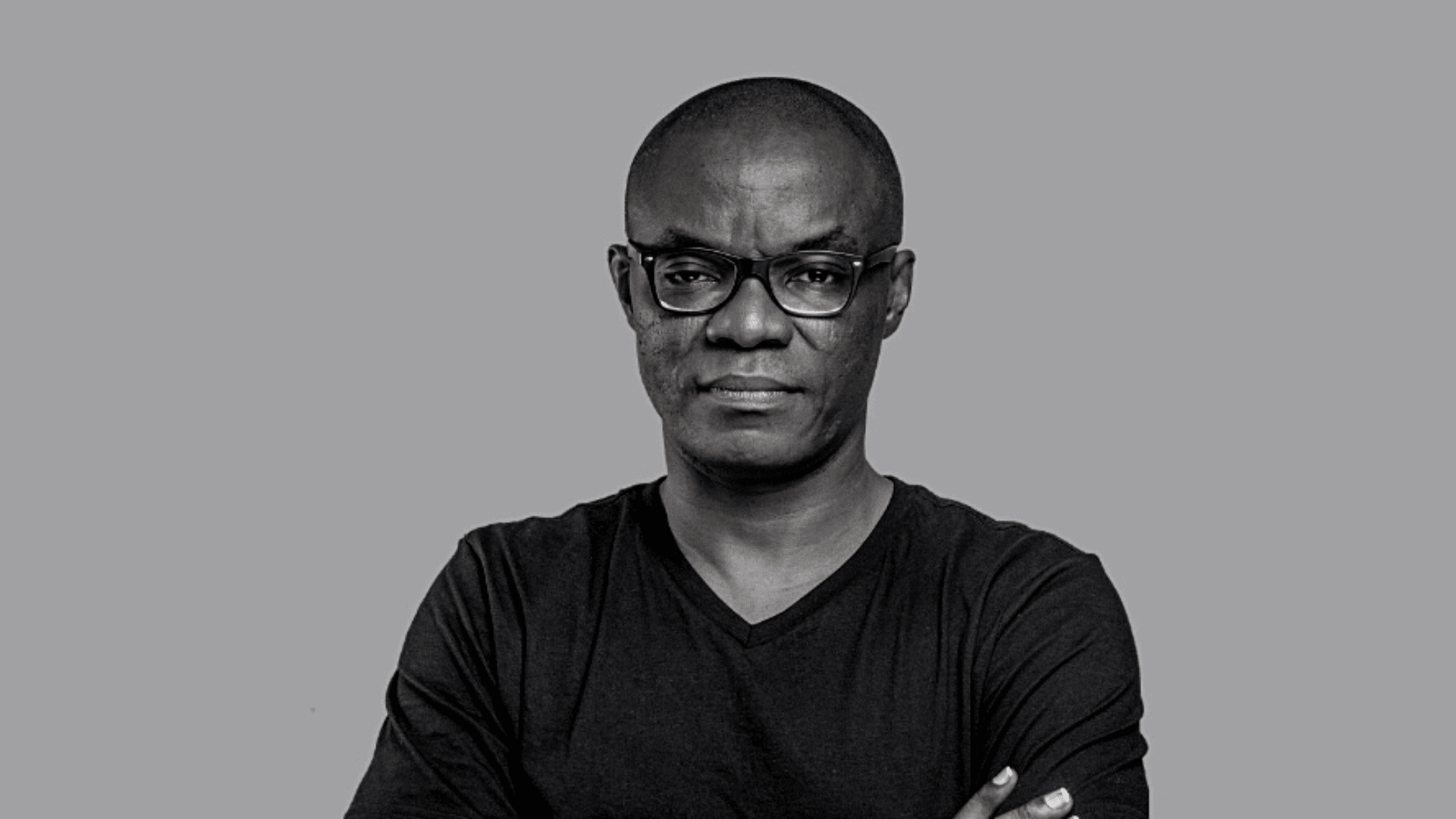
The alleged reckless spending of Kloud commerce CEO
Kloud Commerce dominated the headlines in October when reports emerged that investors at the startup petitioned Nigeria’s Economic and Financial Crimes Commission to investigate founder and CEO Olumide Olusanya for fraud and misappropriation of funds after the company shut down.
According to a report from Weetracker, some investors claimed that the accused diverted funds from the company for personal use, withdrawing ₦4 million ($9,000) as an “entertainment allowance” between August and September 2021, as well as ₦22 million ($50,000) for publicity events in Ghana where he spent $100/night in hotels.
It was also alleged that the founder received A $15,000 angel investment directly into his personal account. However, Kloud Commerce’s Board of Directors denied the allegations of financial impropriety levelled against the company’s CEO are unfounded rumours peddled by a SAFE investor.
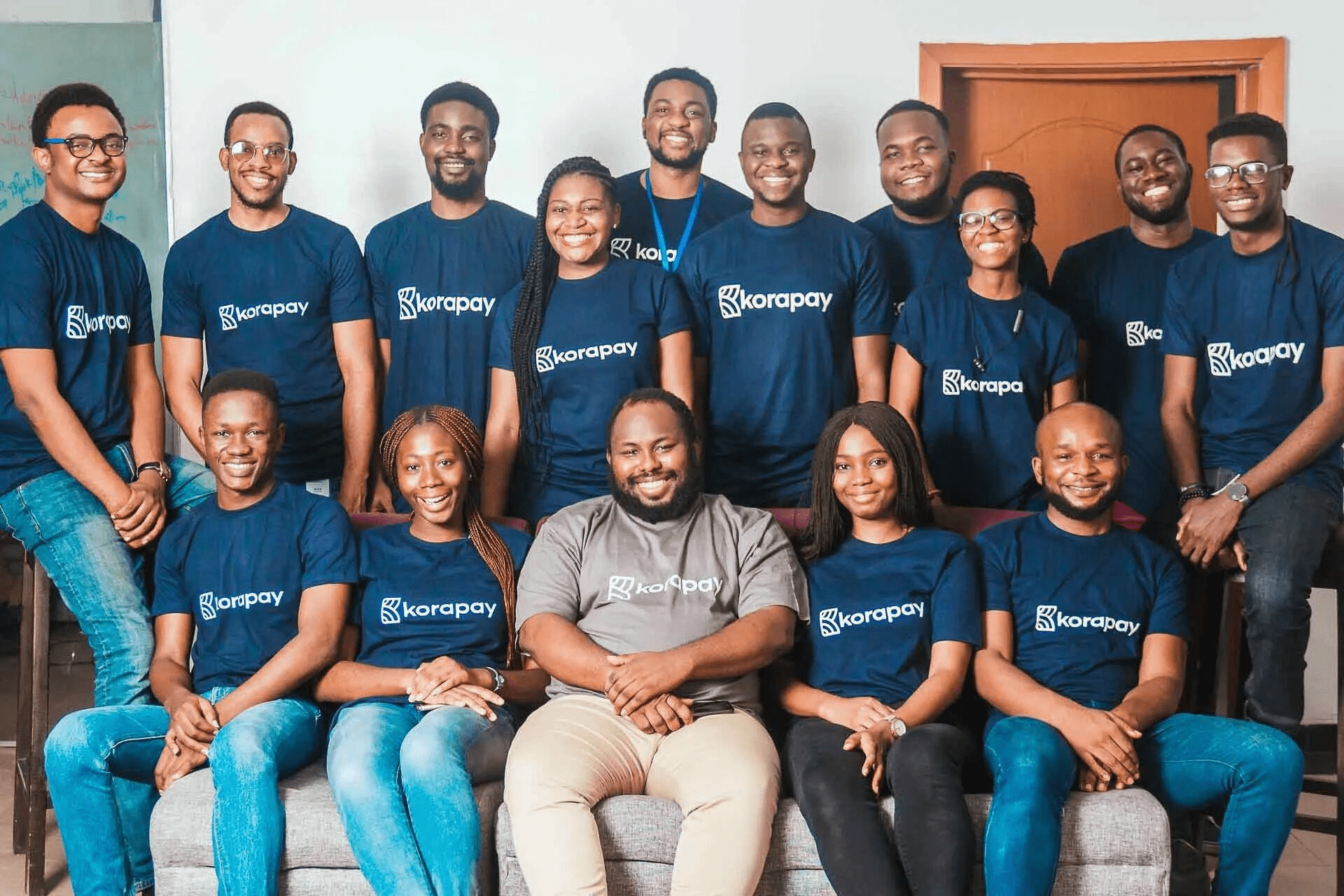
Nigerian fintech startups vs Kenyan government
In July, Kenyan authorities froze accounts with Sh45 million ($381,000) worth of funds belonging to two Nigerian companies, Korapay Technologies Limited and Kandon Technologies Limited, for allegedly siphoning Sh6 billion ($51 million) into the country.
Lady Justice Esther Maina of the Kenyan High Court issued the orders in two separate suits filed by the Asset Recovery Agency against Korapay Technologies Limited and Kandon Technologies Limited over claims that fraudsters were using them as conduits of international money laundering.
Similarly, a Kenyan High Court froze another Sh400.6 million ($3.3 million) in three separate bank accounts, and some 19 Safaricom M-Pesa pay bill numbers belonging to Flutterwave following allegations of card fraud and money laundering by the country’s anti-corruption agency.
In November, the Asset Recovery Agency of Kenya withdrew its case against Korapay and Kandon after the National Police in Kenya concluded its investigation. Mike Muia, the director of criminal investigations in the Kenyan police, said in a notice that its investigations are now finalised, and all frozen accounts should be made accessible to the companies.
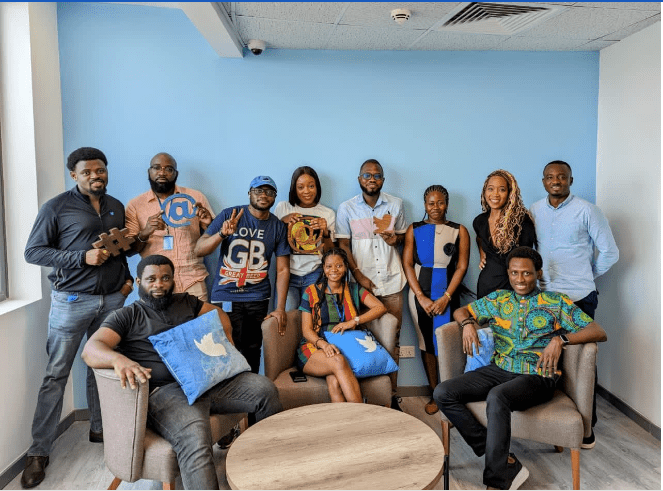
Rise and fall of Twitter Africa
Following its purchase by Elon musk, Twitter fired nearly all its staff in Ghana, which was home to its only office in Africa. The Twitter office in Accra was announced in 2021, but the staff had only moved to the physical office days before they were informed of the company’s decision.
The layoffs were part of a global staff cull introduced by new boss Elon Musk who intended to increase the income streams of the microblogging platform and cut operational costs.
The staff laid off were sent messages about the end of their contracts to their personal accounts after being denied access to work emails. While Elon Musk had earlier declared that sacked employees had been “offered 3 months of severance”, in November, members of the African team expressed their displeasure that this was not stated in their termination email.
Following a CNN report, Twitter finally agreed to renegotiate the severance pay and separation arrangements for the African office employees in Ghana.

CAR tried to adopt bitcoin as an official tender
The president of the Central African Republic announced the country would adopt bitcoin on April 27. In a statement to Reuters, Obed Namsio, chief of staff of President Faustin-Archange Touadera, insisted that the law would “improve the conditions of Central African citizens,” calling it “a decisive step toward opening up new opportunities for our country”.
But many financial experts and analysts were baffled by the decision. The CAR is one of the poorest countries on the continent, ranking 188th in the UN’s 2021 Human Development Index ranking.
The IMF also raised concerns about the CAR’s decision, protesting that the move was made without consulting the regional economic union, the Central African Economic and Monetary Community (CEMAC).
The adoption “raises major legal, transparency, and economic policy challenges,” the IMF said, adding that they are assisting the region and the CAR’s authorities in addressing the concerns posed by the new law.
In response to the move, the Bank of Central African States (BEAC) issued a statement declaring the CAR’s adoption of the new cryptocurrency law “null and void” and in violation of the tenets of the regional bloc.
“This law suggests CAR aims at establishing a currency competing with or aiming at replacing the Central Africa Central Bank and the Franc CFA,” the statement said.
On 26 July, the Central African Republic (CAR) froze the application of its law adopting bitcoin as an official currency alongside its local currency, the Central African CFA franc, until the (BEAC) issues regulations for cryptocurrencies throughout the Central African Economic and Monetary Community (CEMAC).
Read also: Not all gloom: Here are 5 major wins for the crypto space in 2022
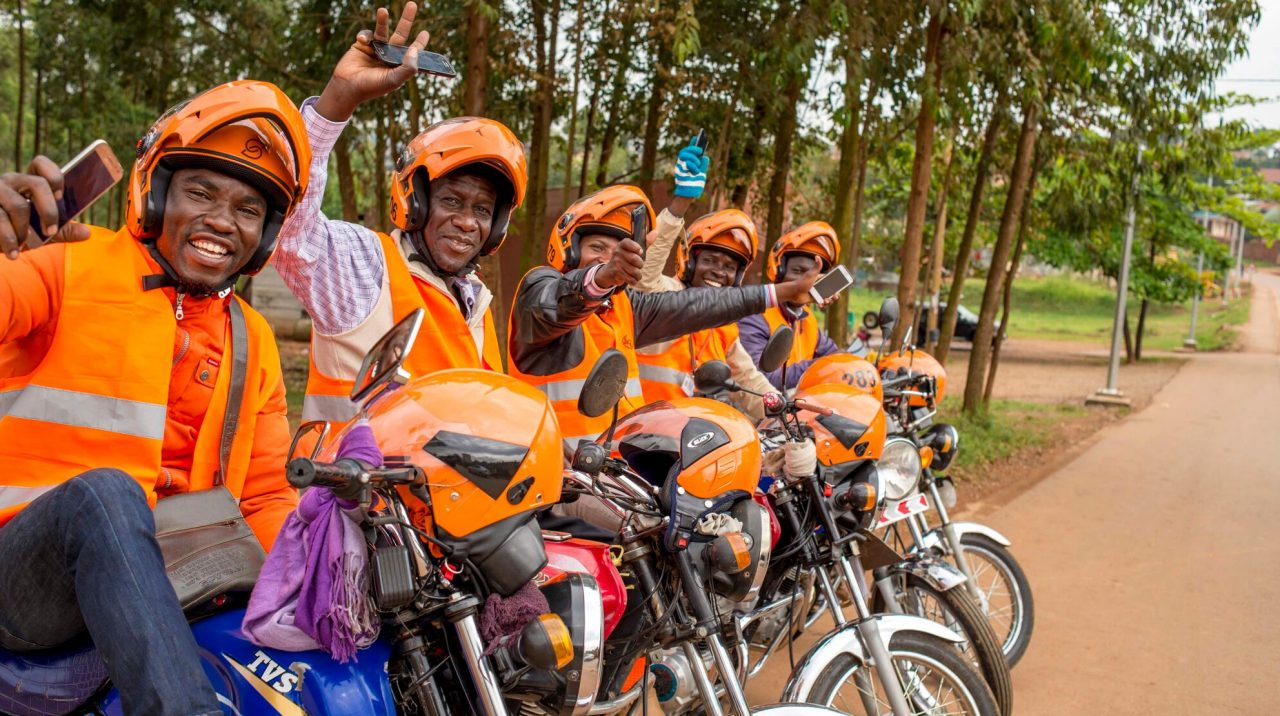
Massive layoffs and shutdown of startups
The addition of this story to this list is pertinent, considering that a recurring theme in the global tech space in 2022 was the layoffs of staff by different startups. Layoffs and shutdowns were rampant in 2022, and one tale cannot summarise the “harsh winter of 2022.”
ChipperCash, Softcom, Nestcoin, Quidax, LazerPay, 54Gene, SWVL, and Sendy are some African tech firms that reduced the number of their workforce, citing limited funds as a major reason for the decision.
Similarly, several startups announced their closure or exit from certain countries due to the limiting market conditions that did not allow them to make profits. Kune, a food tech startup, closed in June, and Notify Logistics, a Kenyan startup, announced its closing in September.
SafeBoda, the Ugandan bike-hailing startup that set up shop in Ibadan in 2020, released a statement that it would cease operation in Nigeria, while South Africa’s home cleaning startup, SweepSouth, which raised $11M pre-seed funding, announced that it would shut down its Nigeria operations from November 25 2022, as it cannot sustainably operate due to economic pressures.
One of the most notable layoff decisions across the African tech space was that of Nestcoin, which announced that it had to let staff go because FTX; the now bankrupt cryptocurrency exchange, held some of its assets. Yele Badamosi, CEO of Nestcoin, shared a statement via his Twitter account that FTX’s fall from grace has affected his one-year-old startup, which held assets (cash and stablecoins) in the now-defunct crypto exchange to manage operational expenses.
Conclusion
In hindsight, while many stories were not cheerful for stakeholders in the African tech space, there are still some positives to reflect on going into 2023.
Hopefully, the next year will feature more venture capital funding, the rise of more African unicorns, and fewer stories about toxic work cultures, misappropriation of funds, layoffs, and troubles with regulatory bodies.
[ad_2]
Source link







